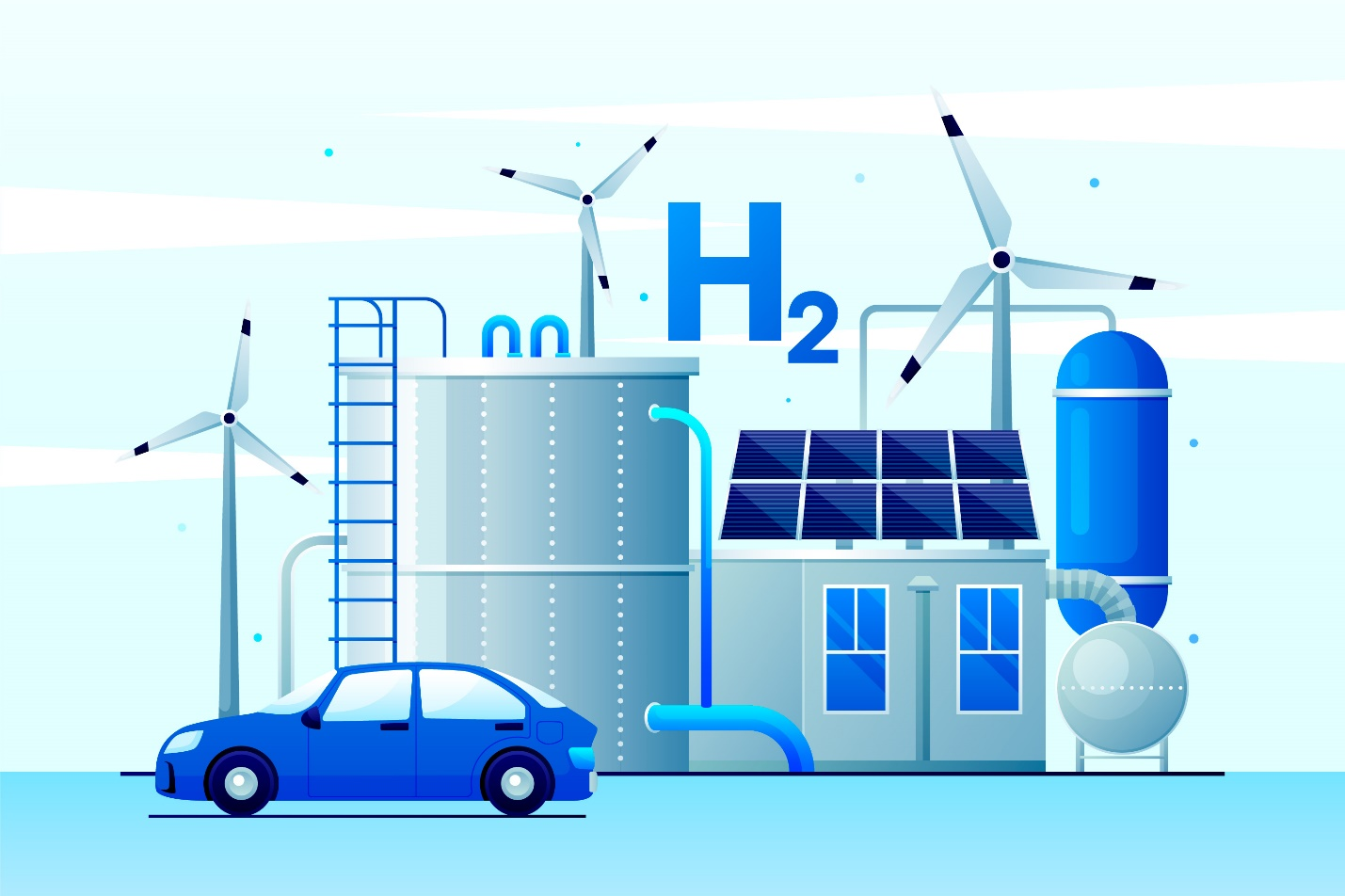The auto component industry in India is a vital segment of the country’s manufacturing sector, supporting both domestic vehicle production and global supply chains. Known for its cost competitiveness, skilled workforce, and strong engineering capabilities, the industry produces a wide range of parts including engine components, transmission systems, and electronics. With rising demand for electric vehicles and localisation, the sector is evolving rapidly, attracting significant investments and technological collaborations.
The Indian auto component industry recorded a turnover of Rs. 6,73,000 crore (US$ 78.74 billion) in FY25, registering a compound annual growth rate (CAGR) of 14% between FY20 and FY25. In FY24, domestic Original Equipment Manufacturer (OEM) supplies contributed nearly 54% of the industry’s turnover, followed by the domestic aftermarket at around 10% and exports at 18%. Domestic OEM component sales, which stood at US$ 59.3 billion in 2023, are projected to rise to US$ 89 billion by 2030. Supplies to OEMs in FY25 reached Rs. 5,70,000 crore (US$ 66.69 billion), reflecting a 10% YoY growth, while the aftermarket segment was valued at Rs. 99,948 crore (US$ 11.6 billion), up 6% over FY24. India's Automotive Mission Plan 2047 aims to boost vehicle production to 50 million by 2030 and 200 million by 2047, positioning India among the top two global auto producers. It prioritizes sustainable vehicle production with hydrogen, electric, CNG, and biogas, while not curbing petrol or diesel vehicles immediately.
The domestic auto-component market is set to grow at a CAGR of 6% to US$ 16 billion by 2030, supported by an expanding vehicle base and increasing vehicle age. Within this, the passenger vehicle (PV) and commercial vehicle (CV) segments are each projected to reach US$ 5 billion, the two-wheeler (2W) and three-wheeler (3W) segments are expected to reach US$ 4 billion, and the tractor segment is likely to reach US$ 2 billion by 2030. By 2026, the automotive aftermarket in India is projected to reach US$ 32 billion. India’s auto-component industry is poised to reach US$ 200 billion by 2030, supported by its cost competitiveness, skilled workforce, and growing domestic demand, according to a McKinsey report titled Shaping the future of India’s auto component industry.
Auto component exports also form a major part of the industry’s growth story. Exports rose 8% to Rs. 1,95,726 crore (US$ 22.9 billion) in FY25, up from Rs. 1,81,196 crore (US$ 21.2 billion) in FY24. North America remained the largest export destination with a 32% share, posting 8.4% growth, while Europe, with a 29.5% share, registered a 2.1% decline. Asia contributed 26% to exports and recorded strong growth of 15.1%, while Latin America also featured among the key destinations. India accounts for 27% of its total auto component exports to the U.S., followed by 8% to Germany and 5% to Turkey. The major export items include drive transmission and steering parts, engine components, body and chassis, suspension systems, and braking components. According to a McKinsey report, India's auto component exports are projected to reach US$ 70-100 billion by FY30, driven by rising demand for electric vehicle (EV) technologies and global supply chain diversification. Indian SMEs could capture US$ 20-30 billion of this opportunity by leveraging cost advantages and high-quality standards.
India’s automotive sector as a whole is a cornerstone of industrial growth, contributing 7.1% to national Gross Domestic Product (GDP) and 49% to manufacturing GDP. The Automotive Mission Plan (2016-26) projects that the industry will provide direct incremental employment to 3.2 million people by 2026. The country also holds a strong global position, being the largest manufacturer of tractors, the second-largest manufacturer of buses, and the third-largest manufacturer of heavy trucks. In FY26 (April-September), domestic sales stood at 1,02,36,639 units for two-wheelers, 20,51,082 units for passenger vehicles, 4,63,502 units for commercial vehicles, and 3,94,450 units for three-wheelers. In FY26 (April-September), the total production of Passenger Vehicles, Commercial Vehicles, Three Wheelers, Two Wheelers and Quadricycle was 1,65,34,997 units. India’s total vehicle base across segments is currently around 333 million units and is expected to reach 430-435 million units by 2030.
Policy support has played a critical role in driving growth. The Union Cabinet approved the Production Linked Incentive (PLI) Scheme for the automobile and auto components sector on September 15, 2021, with a budgetary outlay of Rs. 25,938 crore (US$ 3.03 billion) for FY23 to FY27. The scheme is expected to attract fresh investments of over Rs. 42,500 crore (US$ 4.9 billion) during this period. As part of the Union Budget 2025-26, the government also announced duty exemptions on lithium-ion battery scrap and other essential minerals and added 35 capital goods for electric vehicle production to the exemption list, strengthening domestic manufacturing. The Indian automobile sector saw transformative growth in 2025 driven by GST cuts on small cars (from 28% to 18%), expanded low-GST EV portfolios (5%), and government EV incentives promoting local manufacturing and global OEM entry. The Production Linked Incentive (PLI) scheme is boosting investments in advanced automotive technologies and supply chain localization.
Investments continue to pour into the Indian automobile and auto component sector from both domestic and global players. Foreign Direct Investment (FDI) inflow in the sector stood at Rs. 2,59,753.31 crore (US$ 39.14 billion) between April 2000-June 2026 which is 5% of the total FDI inflows in India during the same period. Looking ahead, the auto industry plans to invest Rs. 58,000 crore (US$ 7 billion) by FY28 to boost localisation of advanced components such as electric motors and automatic transmissions, reducing import dependency while capitalising on the China Plus One strategy to strengthen India’s global supply chain position.
Lucas TVS, a Joint Venture between Lucas UK and TVS, has expanded its Electric Vehicle portfolio in 2025 with advanced Brushless Direct Current motor (BLDC) and Permanent Magnet Synchronous Motor (PMSM) motors and controllers for two-wheelers, three-wheelers, and small commercial vehicles, reinforcing its role as a key technology partner in India’s electric mobility sector.
The Freudenberg Group, has officially inaugurated two advanced manufacturing facilities in Morinda, Punjab covering a total built-up area of 40,700 sq.m. The new plants are equipped to serve both domestic and international markets with an Investment of US$ 45 million, reinforcing Freudenberg’s dedication to India’s “Make in India” initiative.
Carlyle Group is launching a US$ 400 million investment vehicle to acquire Indian auto-component companies, aiming to tap into the country’s growing automotive and electric vehicle markets. This aligns with its strategy to build a diversified portfolio in the mobility space.
Tamil Nadu accounts for 70% of India’s EV two-wheeler manufacturing, with a current production capacity of 10 million units. Hyundai is also expanding with a roadmap of Rs. 20,000 crore (US$ 2.39 billion) for its Chennai unit. In 2024, notable EV investment commitments include Tata Motors-JLR Rs. 9,000 crore (US$ 1.07 billion), VinFast up to US$ 2 billion, Royal Enfield Rs. 3,000 crore (US$ 358.1 million), and Stellantis Rs. 2,000 crore (US$ 238.7 million).
Bharat Forge will invest Rs. 1,000 crore (US$ 119 million) over a period of five years in Tamil Nadu to enhance production capacity for the long term.
In May 2024, Tata Motors' subsidiaries Tata Motors Passenger Vehicles (TMPV) and Tata Passenger Electric Mobility (TPEM) have partnered with Bajaj Finance, a leading financial services group, to provide supply chain financing solutions to their passenger and electric vehicle dealers.
Tata Motors partners with LeadIT to achieve net-zero emissions in Passenger Vehicles by 2040 and Commercial Vehicles by 2045, demonstrating commitment to sustainability.
In October 2023, Tata Motors signed a definitive agreement to acquire a 27% stake in Freight Tiger, a software-as-a-service (SaaS) company, for Rs. 150 crore (US$ 17.99 million).
Auto components maker Carraro got listed on BSE and NSE on December 2024, and the IPO comprised entirely an OFS of 1.78 crore shares.
Ola Electric IPO was the first auto company in India to launch an IPO in over two decades (20 years). Its IPO size was estimated to be of Rs. 8,500 crore (US$ 1.01 billion).
In August 2023, Bosch earmarks Rs. 480 crore (US$ 58.11 million) for R&D and an additional capex of Rs. 480 crore (US$ 58.11 million).
In 2025, Apollo Tyres announced a Rs. 1,500 crore (US$ 175 million) capital expenditure for expansion of passenger-car radial (PCR) capacity at its Hungary and Andhra Pradesh plants, underlining its commitment to future-ready growth.
In May 2023, Gabriel India inks a pact with Inalfa, to invest Rs. 170 crore (US$ 20.58 million) to set up a new manufacturing facility. Inalfa Gabriel Sunroof Systems (IGSS) opened a new plant in Chennai which became operational in Q1 2024 is now nearing its full capacity and produced 1,30,000 sunroofs in 2024 alone.
During the 2024 global investor meet, Hyundai Motor India pledges an extra Rs. 6,180 Crore (US$ 743 million) for long-term investments in Tamil Nadu.
In May 2023, With Tesla proposing a manufacturing plant in India, the government plans to come out with a modified production-linked incentive scheme (PLI 2.0) for electric vehicles and advanced chemistry cell batteries to invite fresh investments.
In May 2023, Bridgestone looks to expand its retail footprint in India by 20-25%.
In May 2023, Tata Technologies on Monday announced a partnership with TiHAN IIT Hyderabad, to collaborate in the areas of Software Defined Vehicles (SDV) and Advanced Driver Assistance Systems (ADAS) that incorporate the latest technologies.
In April 2023, GreenCell Mobility invested Rs. 1,500 crore (US$ 181.59 million) to double EV buses supply in India
By 2030, Chinese EV manufacturer BYD hopes to control 40% of the Indian EV market. It already has a manufacturing setup in India, and the current plant's capacity may be increased by another 10,000-15000 units.
In FY23, Tamil Nadu attracted investment proposals worth Rs. 18,063 crore (US$ 2.209 billion) Tamil Nadu is capitalizing on its previous automotive expertise to enter the EV industry.
The Indian government is exempting imports of capital goods and machinery essential to produce lithium-ion cells used in EV batteries from customs duty.
In February 2023, Bridgestone India, a global leader in tyres and sustainable mobility solutions, announced that it would be investing over Rs. 600 crore (US$ 73.39 million) to meet the increasing demand for quality passenger tyres in the country.
In January 2023, NXP Semiconductors inaugurated a new state-of-the-art Systems & Silicon Innovation lab at NXP Semiconductors Campus in Manyata Tech Park, Bengaluru.
The Indian auto component industry is poised for a dynamic future, driven by robust domestic demand, expanding exports, and rapid adoption of electric mobility. With strong policy support, continuous investments in advanced technologies, and a focus on localisation, the sector is set to reinforce India’s position as a global manufacturing hub while creating new opportunities for innovation, employment, and sustainable growth.














